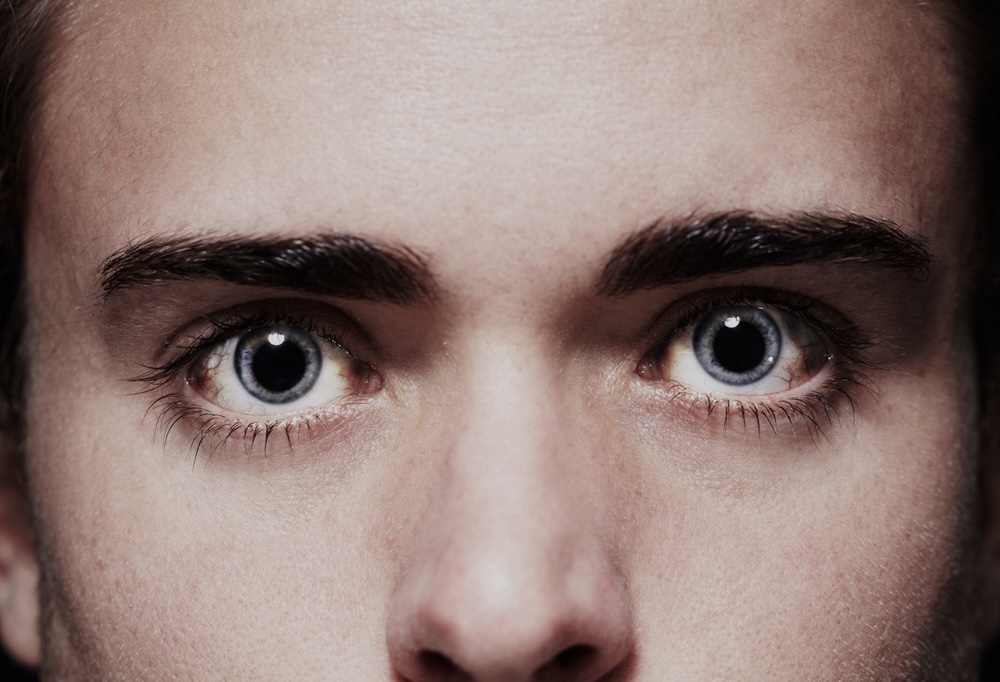An estimated 15 million people struggle with alcohol abuse in the United States. Maybe someone in your family or a close friend does as well. If so, you likely want to do everything that you can to help them get past the disorder and back to living a healthier life.
The first step in doing this is making sure that you can identify the signs of alcohol abuse in a family member. We’ve put this blog post together to help you do just that. Keep reading to learn more.
How to Identify Alcohol Abuse in a Family Member
There are lots of different signs that can show a person is struggling with alcohol abuse. The more of these symptoms that you can identify in the person, the greater the chance that they are abusing alcohol. For example, here are four of the most common signs of an alcohol disorder.
They’re Hiding Alcohol
Hiding alcohol is one of the clearest signs that a person is struggling with an alcohol dependency. The person may be hiding alcohol in a place where it’s prohibited for them to drink, such as work or school. They could also be hiding it at home from family members.
Either way, it’s one of the clearest signs you can get that the person understands that their behavior is not kosher on some level and that they may need some help.
They Have an Unusually High Tolerance
People who drink alcohol very often gradually build up a tolerance for alcohol over time. That means it starts taking them more and more drinks to feel the same effects from the substance. If you notice that a family member can drink a lot without feeling drunk, that can be a sign that they’re over-consuming alcohol.
They’re Isolating
Substance abuse disorders often make those going through them feel shame. This can cause the individual to isolate from friends and family members that they previously enjoyed spending time with.
If you notice isolation in a family member, that doesn’t necessarily mean they’re abusing alcohol. But when you combine it with some of the other symptoms on this list, it can definitely be a sign that they are.
They’re Experiencing More (and More Severe) Mood Swings
Mood swings are another common symptom of substance abuse. When someone abuses alcohol, they often begin experiencing mood swings more than they did in the past.
Not only that, but they also may begin having more severe and noticeable mood swings. These are often tied to the person’s alcohol consumption schedule.
Try the CAGE Approach
Once you start noticing the signs of alcohol abuse in a person, you may want to try a more formalized approach with them. One of the simplest ways to do that is with the CAGE method.
The CAGE method is a really short questionnaire that helps a person determine whether they have a problem with alcohol or not. All that you need to do is ask your loved one these four questions:
- Have you ever felt like you needed to cut down on drinking?
- Do you get annoyed when people criticize your drinking habits?
- Have you ever felt guilty or otherwise bad about your drinking?
- Have you ever had a drink first thing in the morning to ease nerves or reduce hangover symptoms?
If a person answers yes to at least two of these questions, then that means you should get the person professional medical attention.
Taking the Next Steps
Once you’re confident that a family member has a problem with alcohol abuse, it’s important to know what to do next. Typically, the best strategy is to encourage the person to seek professional help with their addiction.
These conversations can be tough. But they’re always worth having. When you bring the subject up, try not to be judgmental. Instead, focus on reminding the person how much you care about them and support them.
Ultimately, they will have to make the final decision about pursuing treatment. But as a family member, your influence could have a big impact on whether or not they ultimately decide to seek out treatment.
Zoe Behavioral Health Can Help Your Loved One Recover
It’s often easier to talk to a family member about pursuing treatment if you can recommend a place for them to contact. That’s why you should look into Zoe Behavioral Health. We offer a wide variety of personalized treatment plans, which makes it easy to find one that fits your loved one’s unique needs.
Get in touch with us to learn more about how we can help.




